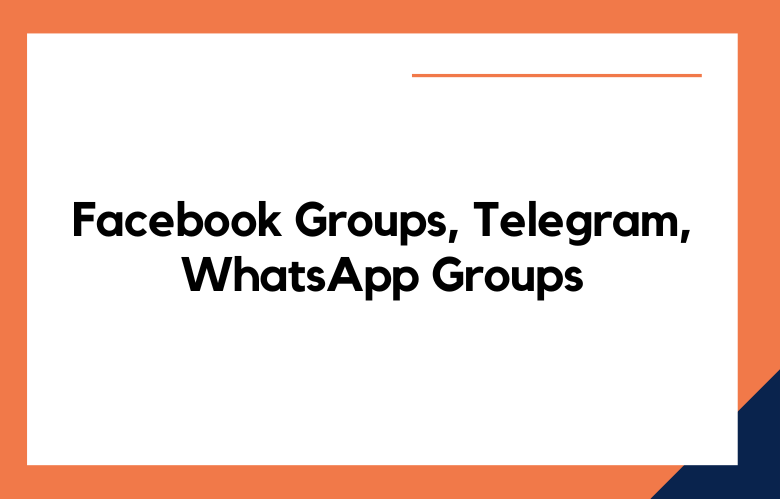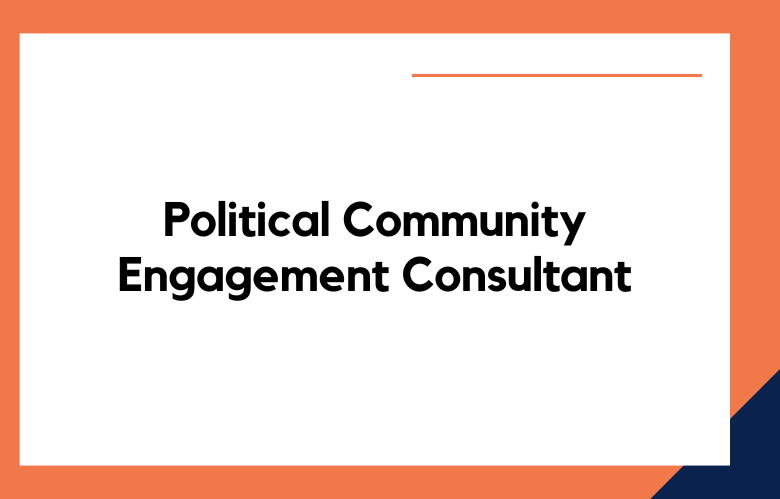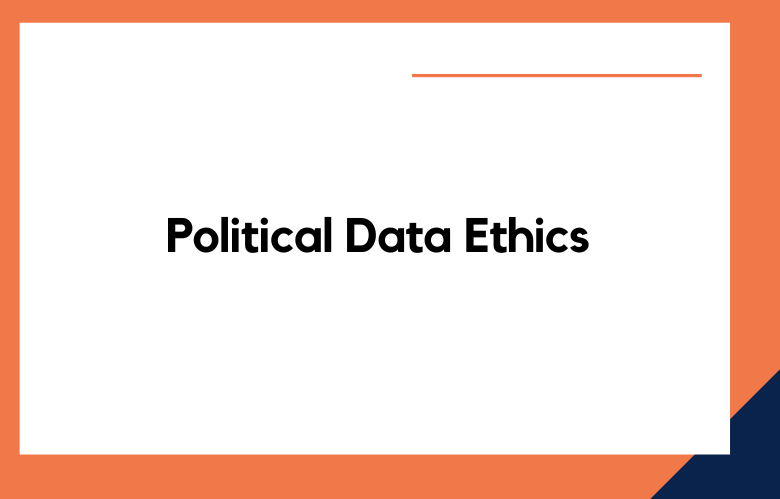Politics is all about engaging with people. As a political leader, building a rapport with supporters, listening to their opinions, and communicating your vision are essential. Social media platforms like Facebook, Telegram, and WhatsApp have emerged as powerful tools to connect with people and build communities.
We’ll discuss why political leaders must have Facebook, Telegram, and WhatsApp groups to engage with voters, build brand awareness, and promote their agenda.
What are Facebook Groups, Telegram & WhatsApp Groups for Political Leaders?
Social media has revolutionized the way people communicate, and this has yet to leave the political world behind. Political leaders leverage social media platforms to reach out to their supporters and strengthen their political base.
Among the trendy communication tools political figures utilize today are Facebook Groups, Telegram, and WhatsApp groups. Here, we’ll explore these tools, how they work, and their benefits in the political scene.
Facebook groups are online communities where members can share content, participate in discussions, and meet others with similar interests.
Many political leaders use Facebook groups to communicate with their supporters. Groups can be public, where anyone can join and contribute, or private, where individuals must request to join.
Political leaders can use these groups to communicate campaign updates, discuss policy issues, and mobilize supporters. The platform also offers analytics tools that can help you monitor engagement with your posts.
Why Politicians Should Use Facebook Groups, Telegram & WhatsApp Groups
With the advent of technology, social media has emerged as a powerful tool to create and sustain communities. Facebook, Telegram, and WhatsApp groups are such platforms that have become popular for forming communities of individuals who share similar interests and beliefs.
Politicians have also started using these platforms to connect with their constituents effectively. We will explore why political leaders should have Facebook, Telegram, and WhatsApp groups.
Exploring the Role of Social Media Groups in Politics: Facebook, Telegram, and WhatsApp
Social media platforms have changed how we access information, connect with people, and even participate in political activism. One of the most popular forms of social media interaction for political leaders are Facebook Groups, Telegram, and WhatsApp.
These groups allow leaders to connect with constituents, share information, and mobilize followers. We’ll explore the role of these social media groups in politics and how they can be used to engage with the public.
Understanding the Importance of Facebook Groups, Telegram & WhatsApp Groups for Political Leaders
Over the last few years, social media platforms have changed the way organizations and groups interact with their members.
Political parties and leaders have taken advantage of this and used social media to create groups that help them connect with supporters and constituents more personally.
Platforms like Facebook, Telegram, and WhatsApp have been particularly significant in creating communities where people can share ideas and news and mobilize political action. We will explore what Facebook groups, Telegram & WhatsApp groups are and their importance to political leaders.
5 Reasons Political Leaders Should Have Facebook, Telegram, & WhatsApp Groups
Dialogue and Feedback:
One of the key benefits of Facebook, Telegram, and WhatsApp groups is that they allow political leaders to dialogue with their supporters directly.
Your followers can share their opinions, feedback, and concerns with you, which helps build engagement and trust. You can also get a pulse of the issues that matter most to your supporters through polls and surveys.
Increase Visibility and Reach:
Facebook, Telegram, and WhatsApp groups can help you increase your visibility and reach. You can use these platforms to share your views, updates, and news with your followers.
When your supporters engage with your content, it reaches their friends and family members, increasing brand awareness. The key is creating shareable content your supporters want to share with their network.
Organize Campaigns and Mobilize Supporters:
Facebook, Telegram, and WhatsApp groups can help you organize your campaign and mobilize your supporters.
You can use these platforms to share your campaign schedule, host events, and request volunteers. You can also leverage social media to raise funds for your campaign and increase donations.
Targeted Messaging and Personalization:
Facebook, Telegram, and WhatsApp groups allow you to target your messaging to specific groups of followers.
For example, you can create separate groups based on geography, age, or interests and tailor your message accordingly. This helps you build a more personalized relationship with your supporters, which is crucial when building trust and loyalty.
Real-Time Communication and Crisis Management:
Facebook, Telegram, and WhatsApp groups allow political leaders to communicate with their followers in real-time.
This helps to manage crises, respond to critical issues, and communicate important updates. Social media can be vital for sharing with people and assisting in natural disasters or emergencies.
Benefits of Using Online Groups for Political Leaders
Accessibility
Online groups make it easier for a political leader to access their supporters and for supporters to reach them, too. An online group can be accessed around the clock from anywhere, keeping campaigners and supporters in sync.
This allows for a centralized pool of relevant data and messages that can be accessed by anyone who has an internet connection. In addition, since most people own smartphones or tablets, the online group provides a simple way for political leaders to maintain their presence digitally and keep their supporters informed.
Engagement
Online groups generate user-friendly engagement between politicians and their constituents. This engagement could range from an increase in town halls held to live sessions put up by political leaders and even listening sessions.
By providing constant updates, supporters can reach out to leaders and know their voices are being heard. This engagement boosts campaigns and keeps ordinary citizens involved in the political process.
Information sources
Samuel Johnson, an 18th-century lexicographer and poet, once said that knowledge is power. When it comes to political campaigns, the statement holds.
Political leaders with online groups can gain insightful information on their constituents’ opinions, issues affecting them, and what must be done to address them. With proper data analysis and interpretation, leaders can gain a competitive advantage over rival politicians running analog-style campaigns.
Organization
For a campaign to be successful, there must be a structure that ensures everything runs smoothly. Online groups make organizing campaigns and conducting activities much more manageable.
With virtual team collaboration, it’s easier to keep up with social media demands, manage workflow, hold online races, and engage in live campaigns. This allows political leaders to maintain campaign momentum and keep supporters engaged digitally.
Conclusion:
Facebook, Telegram, and WhatsApp groups offer an excellent opportunity for political leaders to engage with their supporters, build brand awareness, and promote their agenda.
These platforms allow you to dialogue with your followers directly, increase visibility and reach, organize campaigns, target messaging, and communicate in real-time.
However, using these platforms responsibly and ethically is crucial to avoid negative consequences. As a political leader, ensure your social media presence reflects your values and vision and builds trust and loyalty with your supporters.
Call: +91 9848321284
Email: [email protected]











